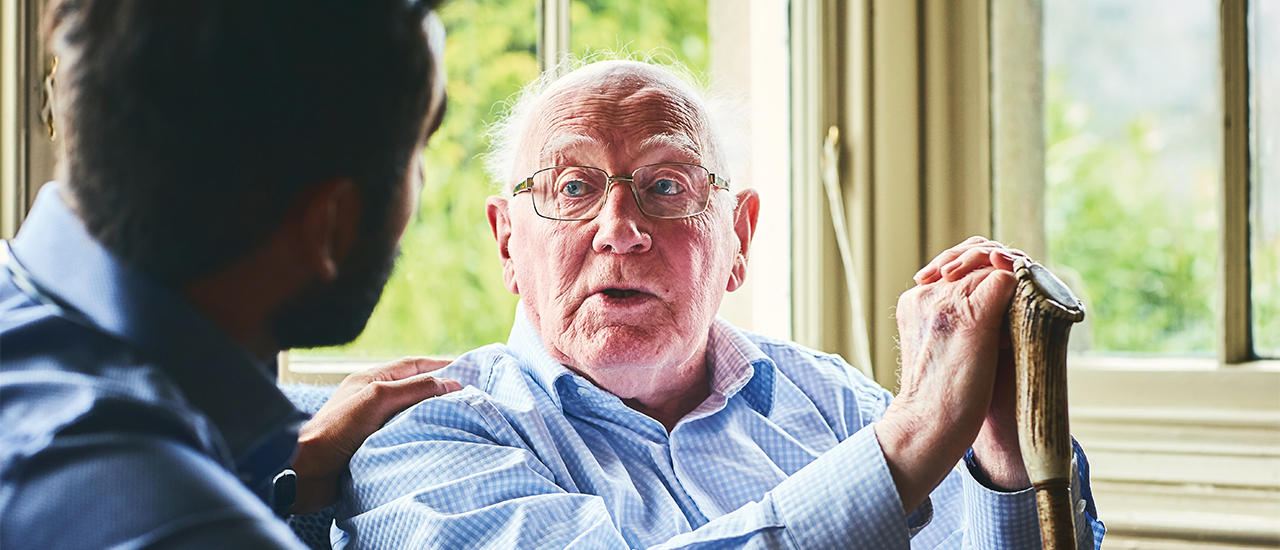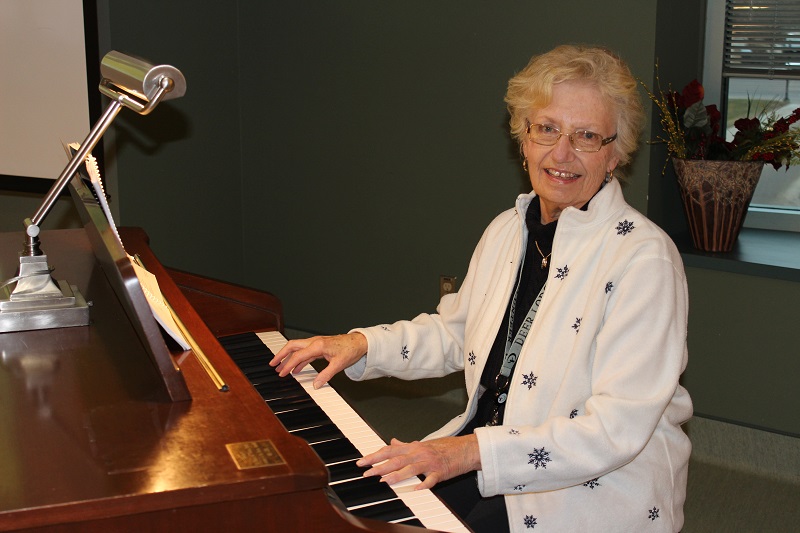
It sounds like baby-talk: each word over-exaggerated and a little too loud, each sentence drawn out in a long, high-pitched sing-song. But when you speak that way to an older adult, it’s called elderspeak—and there’s nothing cute about it.
Many people use elderspeak (consciously or not) to show caring or sympathy. But that sympathy is grounded in a gross assumption: that the older person is frail, weak, or incompetent. Far from conveying sympathy, elder-speak makes older adults feel talked down to, disrespected, even degraded.
Worst of all, those who use elderspeak fail to recognize the ultimate message of power and control swaddled in all that soft, over-simple syntax: “I’m in charge of you because you’re old.”
Researchers and experts have now shown that elderspeak actually decreases cooperation and increases agitation, confusion and depression, especially among individuals with dementia. Nursing home residents are more likely to resist care when their caretakers use elderspeak.
Other signs of elderspeak
- Inappropriate terms of endearment (honey, sweetie, dear)
- Using “we” or “us” instead of “you” (“It’s time for us to take our medicine”)
- Answering questions for the older adult (“You want some coffee now, don’t you?”)
- Asking people questions that assume role loss, idleness and powerlessness, such as “Who did you used to be?” and “What did you used to do?”
How to avoid elderspeak
- Be mindful of how you communicate with older adults.
- Take care to communicate with respect.
- Don’t assume. Many older adults do not have cognitive or hearing problems.
- Communicate as if the person were competent and adjust as needed.
- If you’re giving directions, tell the person what you’d like them to do, not what you’d like them not to do.
- Offer choices wherever possible.
- Never forget that you’re speaking to a person with a rich life filled with countless experiences and accomplishments.
INSTEAD OF THIS… | TRY THIS… |
|---|---|
| Hi sweetie, it’s bath time! | Good morning. I’m here to help you with your bath. |
| Oh honey, you are just too cute! | I love your sense of humour. |
| It’s time for us to take our medicine. | I have your medicine here. |
| You would like to go to bingo now, wouldn’t you? | Would you like to play bingo? |
Source: www.wrha.mb.ca/prog/cdp/files/Elderspeak-info-sheet.pdf
Recent News

Embracing Hope: The Impact of DLC’s Movement Disorder Clinic

Winnipeg Jets Parkinson’s Disease Awareness Game!

